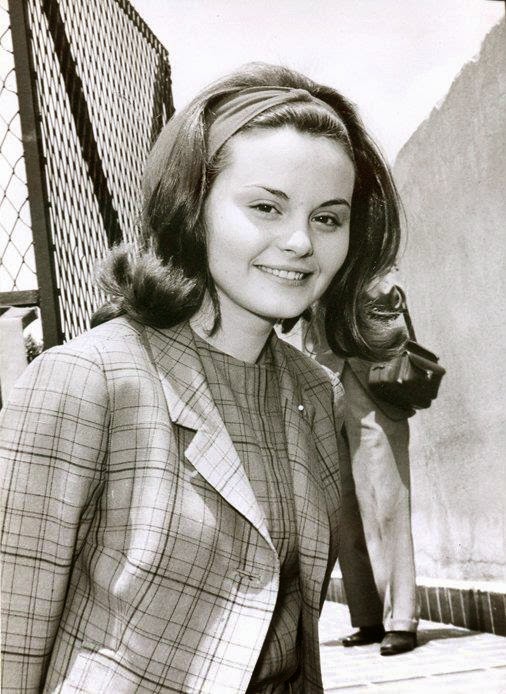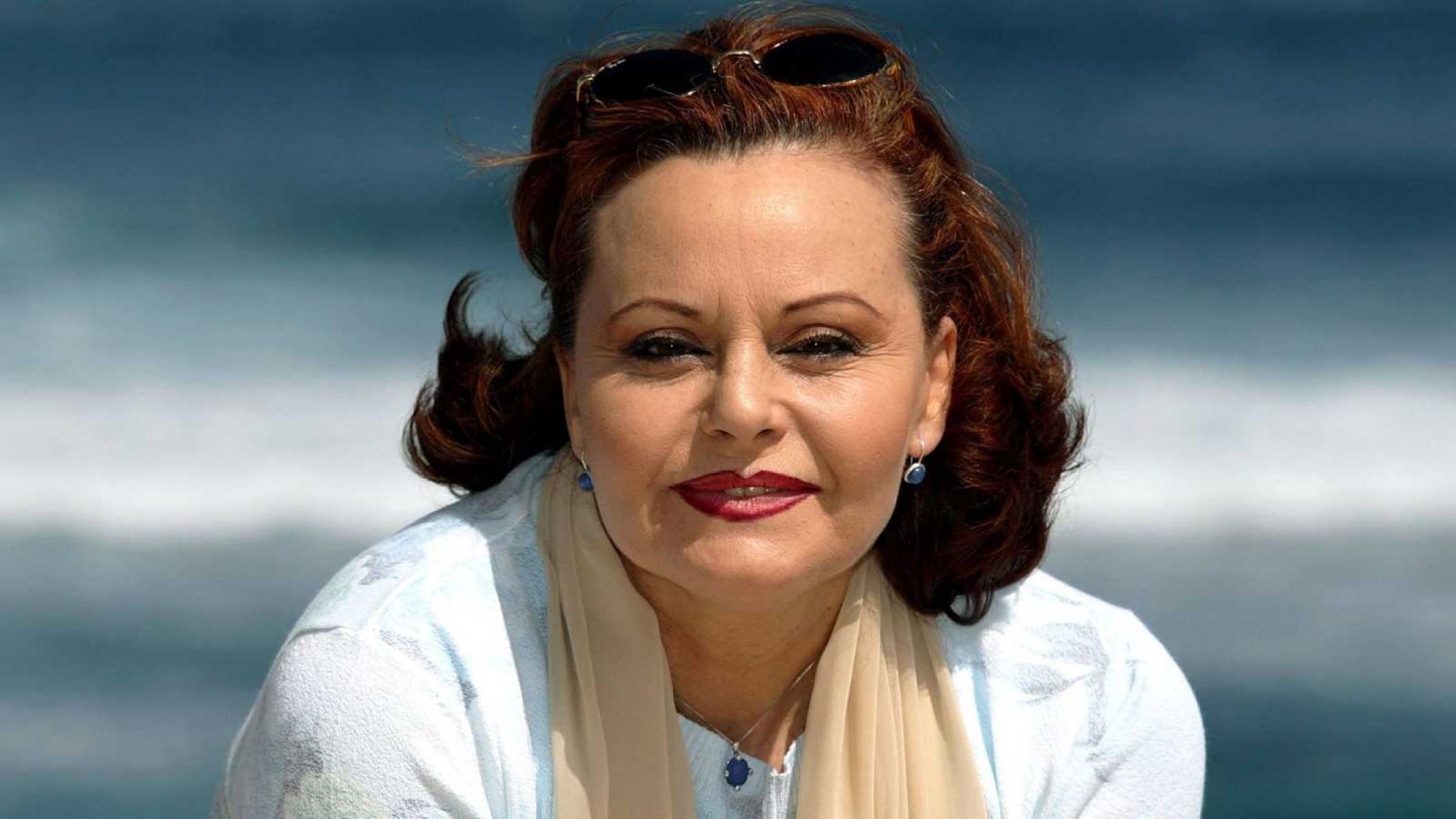Rocío Dúrcal
Rocío Dúrcal

Rocío Dúrcal, born María de los Ángeles de las Heras Ortiz, was a Spanish singer and actress whose remarkable career spanned over four decades and included the release of more than 50 albums. She was born on October 4, 1944, and passed away on March 25, 2006.
Dúrcal's musical repertoire was diverse, encompassing genres such as pop music, bolero, mariachi, and romantic ballads. She became widely recognized and celebrated as one of the greatest Hispanic singers of all time, achieving significant success in Mexico and Latin America. Her mastery of ranchera music earned her the title of "Queen of Rancheras."
In recognition of her talent and contributions to the music industry, Dúrcal received numerous accolades throughout her career. In 1999, she was honored with induction into the Hall of Fame, acknowledging her versatility and the enduring appeal of her songs. In 2005, she was awarded a Latin Grammy for musical excellence, recognizing her significant artistic contributions over the years.
Additionally, in the same year, Dúrcal was presented with the Life Achievement Award at Spain's Music Awards, organized by The Spanish Society of Authors and Publishers (SGAE). These awards underscored her profound impact and lasting legacy in the world of music.
In 2023, Rolling Stone magazine further recognized Dúrcal's extraordinary vocal talent and influence by ranking her at number 139 on its list of the 200 Greatest Singers of All Time. This acknowledgment solidified her place among the most revered and iconic voices in the history of music.
Rocío Dúrcal embarked on her artistic journey by showcasing her talents in various radio song festivals and competitions. Despite initially keeping her aspirations secret, she received unwavering support from her paternal grandfather, who recognized her potential and became her first devoted fan.
In 1959, Dúrcal's parents granted her permission to participate in the television program Primer Aplauso, which aired on Televisión Española. For her performance, she chose to sing the traditional song "La sombra vendo." Her captivating rendition caught the attention of Luis Sanz, a prominent manager based in Madrid, who was impressed by her talent and vibrant personality.
Upon witnessing Dúrcal's performance on the show, Sanz was determined to connect with the young contestant. He promptly contacted the program to obtain her name and address, setting the stage for the next chapter in her burgeoning career. This encounter marked the beginning of a fruitful professional relationship that would propel Rocío Dúrcal into the spotlight of the entertainment industry.
Rocío Dúrcal's cinematic journey began with her debut film, "Canción de Juventud" (1962), directed by Luis Lucia. The movie depicted the story of a teenager characterized by her distinct personality. It achieved tremendous success both at the box office and with critics, resonating strongly not only in Spain but also in other Spanish-speaking countries where it was screened. This triumph catapulted Dúrcal into stardom, earning her the title of "Rocío de La Mancha."
Following the success of her debut film, Dúrcal secured her first record deal with the transnational company Phonogram (now Universal Music). The songs featured in her films served as the foundation for her inaugural album, "Las películas de Rocío Dúrcal" (1962).
In subsequent films, such as "Tengo 17 años" (1964), Dúrcal transitioned away from her child star persona, showcasing her versatility as an actress. She further demonstrated her theatrical prowess in the play "Un domingo en Nueva York" (1964), solidifying her reputation as a talented stage performer.
Throughout the 1960s, Dúrcal continued to grace the silver screen, starring in movies like "Más bonita que ninguna" (1965) and "Acompáñame" (1966), where she collaborated with renowned artists such as Enrique Guzmán and Palito Ortega. With each project, she captivated audiences with her charm and acting finesse.
In 1968, Dúrcal expanded her repertoire with "Cristina Guzmán," targeting a more mature audience demographic. Her cinematic journey culminated with "Me Siento Extraña" (1977), her final film, in which she starred alongside Bárbara Rey.
Throughout her film career, Rocío Dúrcal left an indelible mark on Spanish cinema, captivating audiences with her talent, versatility, and magnetic on-screen presence.
References
- "Rocío Dúrcal, la diva de divas (perfil)". Univision. Archived from the original on 28 September 2013.
- ^ Núñez Jaime, Víctor (27 March 2016). "Rocío Dúrcal, la española más mexicana". El País. Retrieved 16 December 2021.
- ^ «Rocío Dúrcal, la reina de las rancheras», artículo del 25 de marzo de 2006 en el diario El Mundo (Madrid).
- ^ Manrique, Diego A. (17 May 2005). "Marieta quiere volver a sus conciertos". El País. Retrieved 16 December 2021.
- ^ Ñáñez, Paola (25 March 2017). "Perfil | Rocío Dúrcal: La eterna reina de las rancheras y las baladas". Globovisión.
- ^ "Grammy a la Excelencia Musical". LatinGrammy.com. Archived from the original on 8 November 2012.
- ^ "The 200 Greatest Singers of All Time". Rolling Stone. 1 January 2023. Retrieved 17 April 2023.
^ Víctor Núnez Jaime (25 March 2016). "Rocío Dúrcal, la española más mexicana". El País (in Spanish). Retrieved 25 March 2018.











































